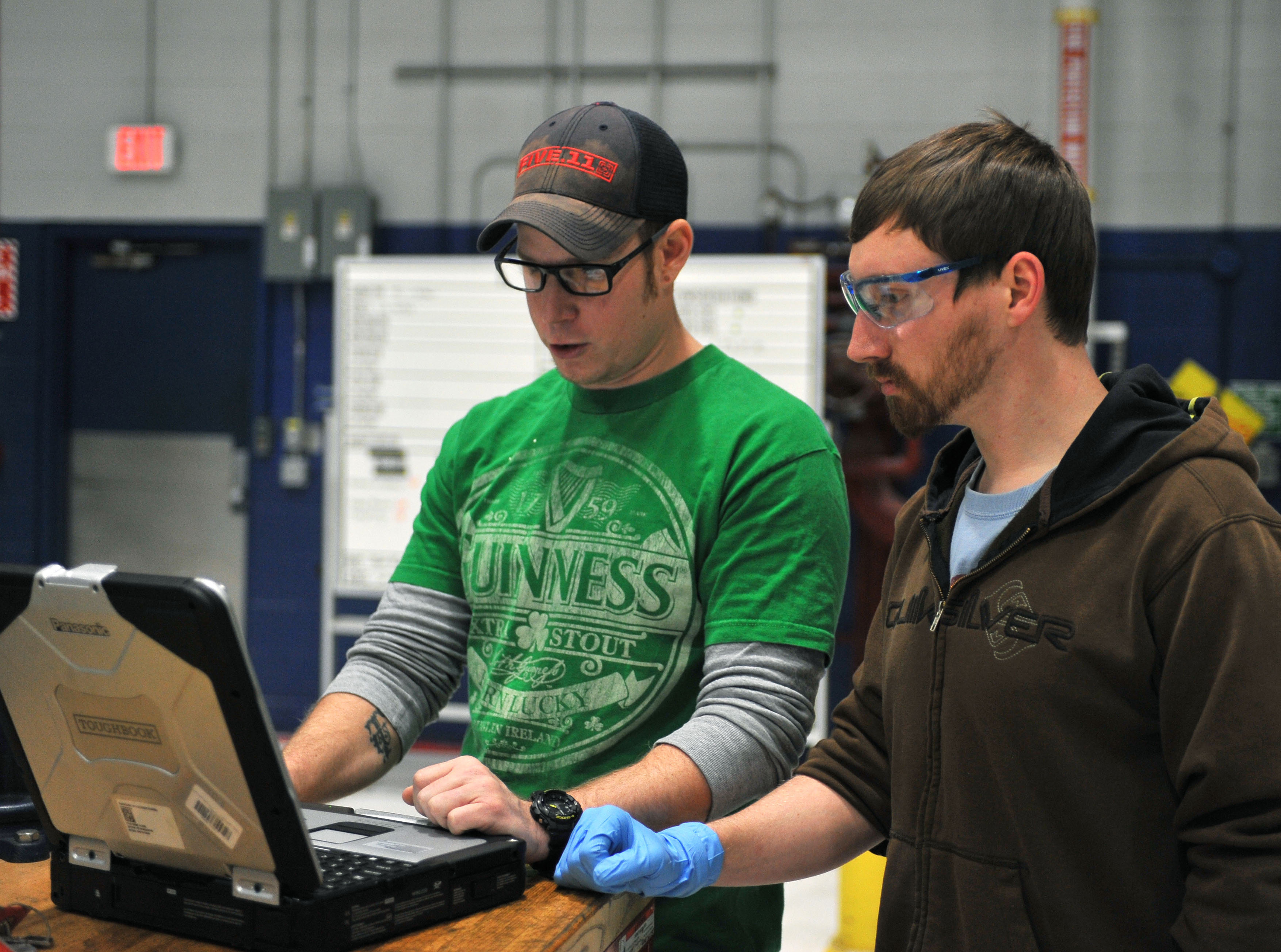dwightpcw53037
dwightpcw53037
Legal system failures in the United Kingdom are a critical issue that shakes trust in the justice system.
With ongoing reforms, the legal system must balance tradition with modernisation, autonomy with integration, and independence with cooperation. Whether handling criminal prosecutions, civil claims, or family matters, the courts of Northern Ireland remain vital to upholding justice, safeguarding rights, and maintaining the rule of law for all its citizens.
The history of law courts in the UK is deeply rooted in architecture. Some of the most famous and iconic law courts in the country, such as the Royal Courts of Justice in London, reflect the grandeur and symbolism associated with the legal process. These buildings, which date back to the 19th century, are characterized by their Gothic Revival style, featuring tall spires, intricate stonework, and majestic entrances. The design of such courts was meant to project the authority and dignity of the law, reinforcing the seriousness and importance of legal proceedings.
 Court ushers are responsible for managing the physical environment of the courtroom. They ensure that everyone involved in a case, including witnesses, legal representatives, and defendants, is in the right place at the right time. Ushers may call cases into the courtroom, assist witnesses in taking the stand, and maintain order during hearings. Their role also includes helping to organize courtrooms for the proceedings and ensuring that any documents or evidence are appropriately handled.
Court ushers are responsible for managing the physical environment of the courtroom. They ensure that everyone involved in a case, including witnesses, legal representatives, and defendants, is in the right place at the right time. Ushers may call cases into the courtroom, assist witnesses in taking the stand, and maintain order during hearings. Their role also includes helping to organize courtrooms for the proceedings and ensuring that any documents or evidence are appropriately handled.
While the UK prides itself on having a robust legal system, mistakes do happen—and their consequences can be devastating. From wrongful convictions to procedural blunders, the impact of legal errors is felt by individuals, families, and society as a whole.
If you beloved this write-up and you would like to receive much more information concerning Welsh law firm kindly stop by the web site. The role of technology in UK court facilities is becoming increasingly important. Many courts are now equipped with video conferencing facilities to allow remote participation in hearings. This is particularly useful for individuals who cannot attend court in person, such as witnesses in distant locations or individuals with mobility issues. During the COVID-19 pandemic, the increased use of video hearings became more prominent, and it has since remained 1to1Legal find a solicitor near me valuable tool for ensuring that court processes continue smoothly without requiring everyone to be physically present.
Legal advisors by providing expert legal guidance. In some courts, particularly family courts, legal advisers may assist judges and magistrates in interpreting the law and advising on appropriate legal procedures. While legal advisers do not make rulings themselves, their expertise ensures that judges and magistrates have all the relevant information to make informed decisions. They also offer guidance to court staff and help ensure that legal proceedings are conducted according to the law.
Although Northern Ireland is part of the UK, it maintains its autonomous legal structure, separate from those of England and Wales and Scotland. This system is rooted in common law, but it is tailored to the region’s unique traditions and governance.
The rise of digital technology in courtrooms has led to the creation of “virtual courts,” where proceedings can take place entirely online. This trend has been accelerated by the COVID-19 pandemic, which forced many courts to adopt virtual hearings as a means of continuing legal proceedings while maintaining social distancing. As a result, some court buildings are now designed with the infrastructure to support both in-person and virtual hearings, with dedicated spaces for video conferencing and other digital technologies.
The UK legal system must continue to evolve, not only to prevent mistakes but to respond swiftly and compassionately when they occur. Justice is not just about punishment or resolution—it’s about truth, accountability, and restoring trust when the system fails.
In conclusion, the UK legal system reflect a multifaceted legal heritage shaped by centuries of development. With separate systems in its constituent nations and a clear hierarchical structure, the UK judiciary continues to adapt to the changing needs of society while remaining anchored in fundamental legal principles.
Northern Ireland also has a network of tribunals that deal with administrative law matters, such as employment, mental health, social security, and immigration appeals. These tribunals provide a less formal setting and are often quicker and more accessible than traditional court proceedings.
The Crown Court in Northern Ireland hears major criminal trials, including offences such as assault, robbery, drug trafficking, and murder. Crown Court trials are typically overseen by a judge and may include a jury of 12 members. The process follows strict legal procedures to ensure fairness and justice.
The UK is made up of a quartet of countries: England and Wales (as one jurisdiction), Scotland, and Northern Ireland, and each has its own legal system. England and Wales operate under a single system, while Scotland and Northern Ireland maintain independent traditions and procedures.



